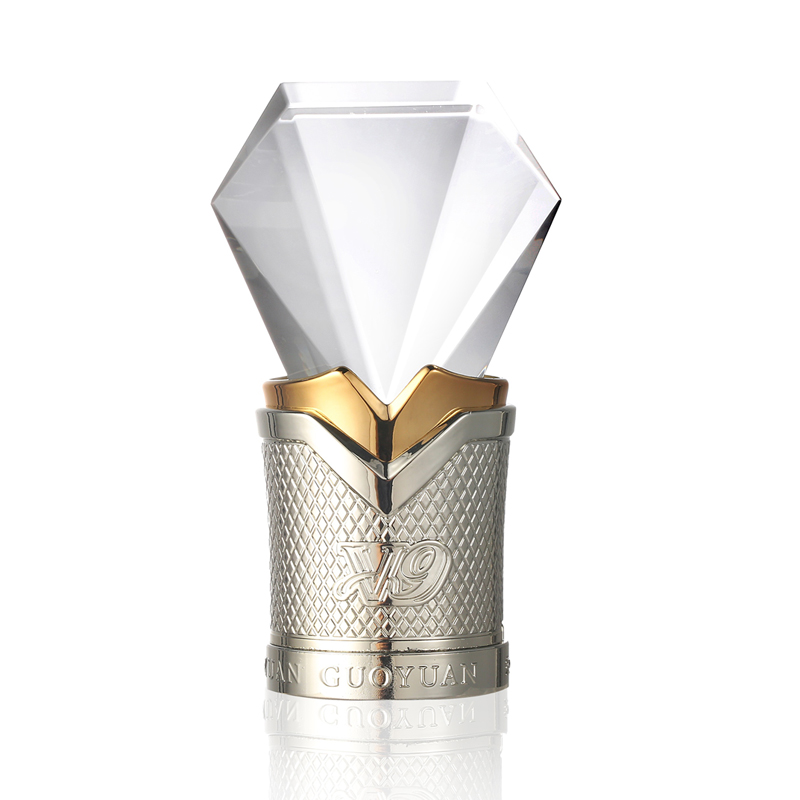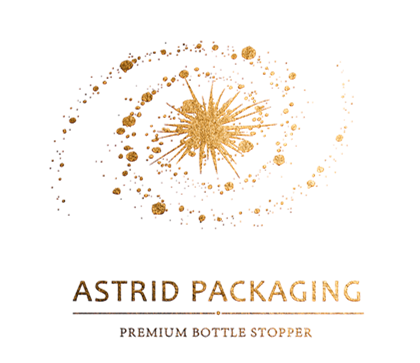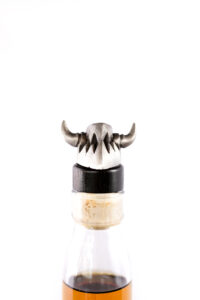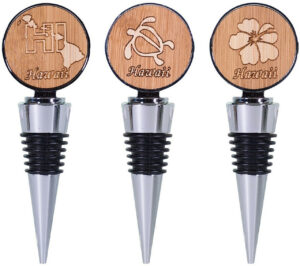In this article, the author tackles a question that is often on the minds of many wine lovers. Do you ever wonder why there are so many different private label wine bottle closure to choose from? In this article, the author breaks down private label wine bottle closures to show us how they affect marketing in different ways.
The history of private label wine bottle closure
The private label wine bottle closure has been around for many years. It is a way for wine producers to keep their products exclusive and increase their profits. Private label wine bottles have a different design, logo, and color than mainstream wines. This helps the consumer to easily differentiate between the two.
The marketing effects of a private label wine bottle closure are twofold. First, it allows wine producers to control the image that their products portray. This can be beneficial because it can help to create trust and loyalty among customers.
Second, private label wine bottle closure tend to be cheaper than those sold under a mainstream brand name. This means that consumers can save money by purchasing private label wines.

How much does a private label wine bottle closure cost?
A private label wine bottle closure is a wine bottle that is made by a wine producer, not by a wine retailer. This means that the wine producer has control over the design and production of the bottle, which can lead to a number of differences in price.
Prices for private label wines can vary significantly, depending on the producer and the location where the wine is produced. While some bottles may cost less than conventionally produced wines, others may be more expensive. private label wine bottle closure also tend to increase as the wine becomes more rare.
How many bottles are sold by volume?
The vast majority of wine is sold in bottles of 750ml or less, making private label wine bottle closures an important part of the wine industry. Private label wines account for anywhere from 30-50% of all wine sales. In terms of dollars, private label wines are worth an estimated $30-40 billion annually.
Because private label wines are typically lower priced than those sold under a specific brand name, there are a number of marketing effects that can be observed in the wine industry. First, private label wines tend to be consumed more frequently than branded wines. This is likely due to the fact that private label wines are often less expensive, making them more accessible to consumers. Additionally, private label wines are often marketed towards a specific demographic (e.g., young adults), which can lend the product an air of exclusivity. Finally, private label wines are often developed in conjunction with a beverage company (rather than being developed by a winemaker independently), which can lead to increased consistency and quality across products.
Marketing Effects of Private Label Wine Bottles
Private label wine bottles have a number of marketing effects. First and foremost, private label wine bottles are cheaper than branded wine bottles. This makes private label wines more attractive to consumers, who may be looking for lower-cost wines. Private label wines also tend to be of higher quality, as manufacturers can charge more for a prestigious product without fear of competition from other brands. Finally, private label wines can help brands reach new customers, as they are likely to be discovered by those who are looking for lower-cost wines.
Private Label Wine Bottle Closures
Private label wine bottle closures are becoming increasingly popular because they offer a number of marketing benefits. For one, private label wines can be marketed to a specific audience, which can help to increase sales. Additionally, private label wines can be priced lower than those produced by the traditional wine companies, which can lead to increased demand and increased profits.
How do Private label Wine bottle closures make people feel?
Private label wine bottle closures make people feel good because it reassures them that they are buying a product from a trusted source. It also gives the consumer the feeling of being special, since not many people have their own private label wine.
Conclusión
When you produce a wine under your own label, you have the opportunity to create a product that is unique and reflects your personal style. This can be achieved by selecting the right type of closure for your wine bottle, as well as designing the bottle itself to reflect your brand. Not only will this give your wine a more exclusive feel, but it will also help to promote sales through word-of-mouth buzz and increased consumer loyalty. So if you’re thinking about launching your own private label wine, make sure to consider these marketing effects first!





